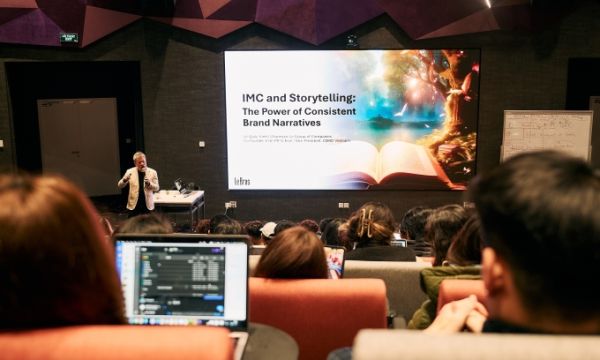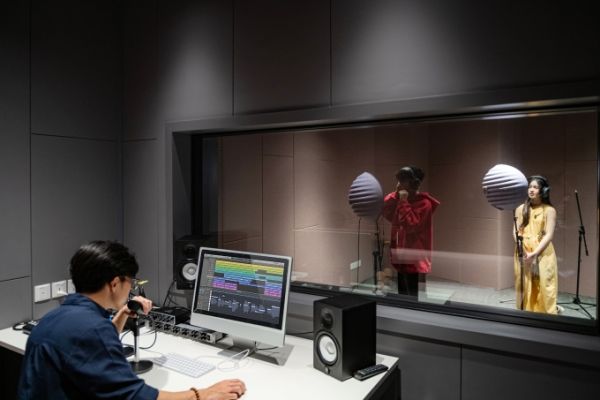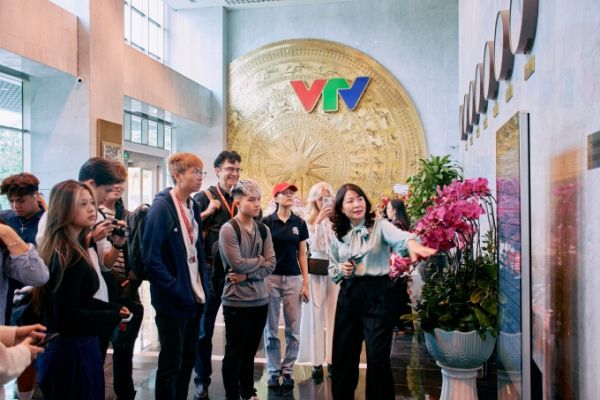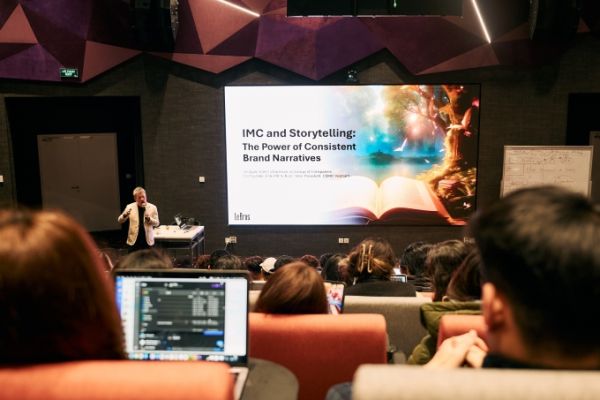
Challenges for communicators
According to Grammarly, one in five businesses reported losing opportunities due to poor communication, while those who secured new deals through effective communication were twice as numerous. Meanwhile, AI has transformed the way businesses engage with both employees and customers, demanding that communication professionals expand their skill sets to navigate the evolving information landscape.
Professor HyeJung Chang of KyungHee University emphasizes that leaders now expect communicators to demonstrate innovative thinking, integrating expertise in data science, business strategy, and creativity.
A recent incident involving Air Canada’s chatbot, which provided misleading information to passengers, sparked a debate about the evolving role of communication teams. Beyond content moderation, communicators are now expected to understand AI, anticipate risks, and proactively safeguard brand reputation in the digital age.
As a result, next-generation communication professionals must master foundational principles while also being proficient in digital tools and capable of managing multiple information streams. This shift has led to a transformation in communications education, from focusing solely on “tools” to fostering “systems thinking.” Today’s programs emphasize not only content creation but also strategic planning, execution, measurement, and data-driven adjustments.
Integrated training model
Professor HyeJung Chang outlines practical approaches for training communication professionals, including interdisciplinary learning to build well-rounded knowledge and skills, project-based learning to enhance real-world experience, strengthening soft skills, leveraging technology, and staying updated on industry trends.
In this ever-evolving communications landscape, selecting a strategic, practical, and cutting-edge training program has become crucial for aspiring professionals. British University Vietnam (BUV) stands out as a leading choice, offering a robust academic foundation and an international-standard educational environment.
The Bachelor of Professional Communication program at BUV, awarded by Arts University Bournemouth (AUB), a premier U.K. institution for arts, design, and communications, provides a compelling pathway for students looking to excel in this field.
|
BUV’s campus. Photo courtesy of BUV |
The program at BUV focuses on strategic thinking, equipping students with the skills to integrate creativity, brand development, and business objectives into cohesive strategies.
This distinction sets BUV’s program apart from traditional domestic offerings, which often focus more narrowly on operational tasks.
 |
|
Students in the recording studio at BUV campus. Photo courtesy of BUV |
A key differentiator is the incorporation of technology, particularly AI, into the curriculum. According to a representative from Arts University Bournemouth (AUB), the goal is not to replace human input with technology, but to train students to use AI as a tool to enhance creativity.
In communications, understanding culture, context, and human behavior remains essential for effective campaigns, an aspect no algorithm can fully replicate. Therefore, the program equips students not only with technological proficiency but with the ability to make strategic decisions within a broader framework.
Over three years, the program blends academic knowledge with practical experience and partnerships with industry leaders to create a highly applied learning environment. From the first year, students have opportunities to participate in real-world study tours and internships at leading domestic and international organizations.
 |
|
BUV students on a tour at VTV. Photo courtesy of BUV |
While studying in a U.K.-standard environment, students also gain in-depth exposure to the Vietnamese market. Field trips to major industry players, such as national broadcasters like VTV, media outlets like Read, and companies like LeBros, are integrated into the program, alongside workshops led by local communication experts.
These opportunities allow students to understand how communications operate in Vietnam, preparing them for careers tailored to the local context.
 |
|
Workshops led by communication experts are seamlessly integrated throughout the program. Photo courtesy of BUV |
“Creativity today cannot be separated from practical demands. That entrepreneurial heartbeat runs through every course at BUV, and the university is doing it really well,” said Tim Metcalf, Director of the School for Arts and Communication at AUB.
Dr. Paul D.J. Moody, Head of the School of Communications and Creative Industries at BUV, added, “Don’t worry about artificial intelligence; it is just another digital tool. What you should be concerned about is developing your human intelligence.”
With a globally recognized educational quality and a forward-thinking approach that emphasizes practical training, strategic thinking, and mastery of new technologies, BUV is an attractive choice for talented students seeking a rigorous communications education.
British University Vietnam (BUV) is Vietnam’s first QS 5-star university and the first in Vietnam and ASEAN to be accredited by QAA, the U.K.’s prestigious higher education quality assurance agency. BUV’s well-designed programs stay current with industry trends, blending theory and practice to ensure 100% graduate employability or further study within three months of graduation.
See more about BUV on its website.
-
Health Tips: Do you also use a hand dryer again and again? Health can reach health. Do you use hand dryer frequently harmful for your health

-
5 diseases that nails can reveal

-
Boys born on these 4 dates become the most loyal life partners, know who these lucky ones are!

-
Ovarian cancer: Symptoms and risk factors every woman should know about

-
Even though they don’t have sex in space, why do astronauts wear condoms? You’ll be surprised to know the reason
